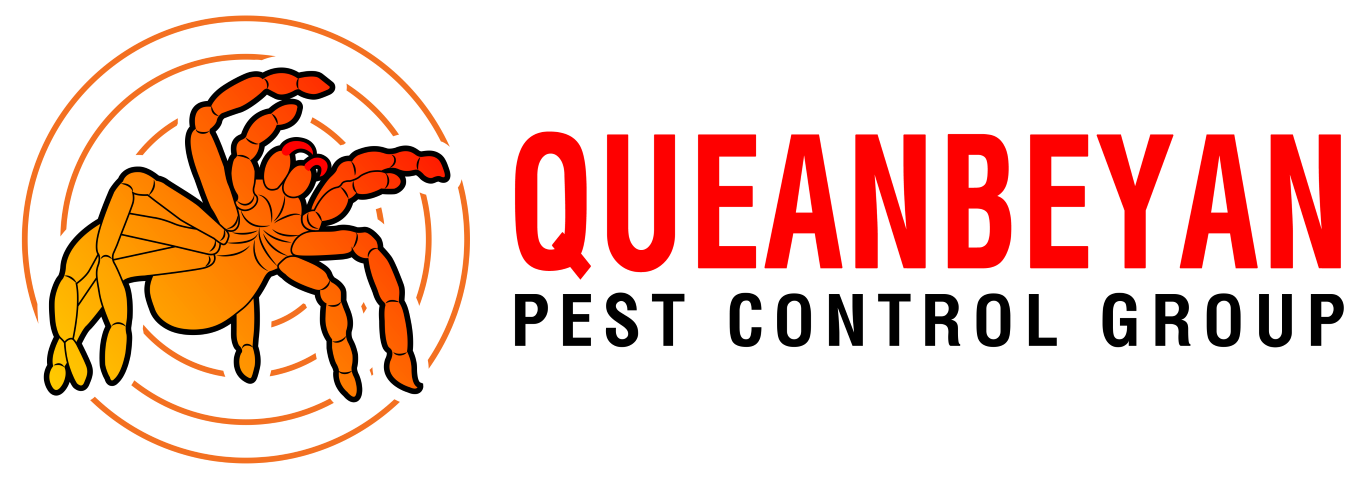Termite Control Services – Queanbeyan
Queanbeyan Pest Control Group provides a one-stop shop for termite control in the Queanbeyan region. Our pest controllers are licensed to conduct termite inspections and implement termite control solutions in Queanbeyan, Bungendore, Bywong, and Wamboin. Given the damage that termites are capable of, we take our responsibilities as termite experts very seriously.
What is a termite?
A termite is an insect that evolved from cockroaches some 150 years ago. A termite is a social creature (colonies can number 60,000+) that feeds on cellulose – found in timber, cotton fibres, plants, and paper products. Given how large a termite colony can become, termite control in Queanbeyan is essential.
How many termite species are there?
The Queanbeyan region has around 30 termite species; however, only several pose a threat. The two most troublesome termite species are Coptotermes frenchi and Nasutitermes exitiosus (both subterranean termites). Three other species – Heterotermes ferox, Coptotermes acinaciformis, and Porotermes adamsoni – rear their ugly heads from time to time. Professional termite control is required to deal with these destroyers in Queanbeyan.
Where are termites found?
Termites prefer warm, moist environments. As termite control specialists in Queanbeyan, we find a lot of secondary termite nests in wall cavities, basements, sub-floors, and roof cavities. It’s common for termites to locate the “central” nest in a nearby eucalyptus tree (outside a building).
How much damage do termites do?
The amount of damage done by termites is dependent on the size of the colony. A large colony of termites can damage the structural timbers of a building within 6-12 months – leading to expensive repairs. In houses where termites have gone unchecked for years, owners can end up having to replace timber foundations, house frames, roof trusses, floorboards, and walls.
What are the signs of a termite infestation?
Termites are sneaky, clever creatures that do their best to avoid detection. However, their handiwork soon becomes apparent. Some general signs of a termite infestation are listed below.
- Flaky timber and woodwork that feels hollow.
- Dimple effect on walls (lots of tiny holes in a cluster).
- Presence of mud tubes (the tunnels that termites create to protect themselves from predators).
- A pile of discarded insect wings (termites like to work in groups).
- Rustling or tapping sounds behind internal walls.
- Squeaky floorboards.
- Internal paintwork with multiple cracks.
If you recognise any of the signs above, it’s imperative to call a termite control specialist in Queanbeyan straight away. Don’t delay, as termites work quickly.
What’s Involved in termite control?
The termite control process in Queanbeyan comprises two components: inspection and treatment. If our pest controllers discover termites on your property, they’ll devise a solution involving a termiticide (in either bait or liquid form).
How long does it take to eliminate termites?
It takes considerable time to eliminate termites, especially if the infestation is severe. Follow-up visits are required to monitor the situation and refill baits. Put simply, termite control in Queanbeyan requires patience.
How often is a termite inspection required in Queanbeyan?
To protect a building from termites, you should organise a termite inspection every 12 months (at the very least). An annual termite inspection is one of the best forms of termite control in Queanbeyan. If you’ve had termites before, more frequent termite inspections are advisable.
Is termite control services available in my part of Queanbeyan?
We provide termite control services in the following suburbs and towns of the greater Queanbeyan region:
- Bungendore
- Bywong
- Crestwood
- Googong
- Greenleigh
- Jerrabomberra
- Karabar
- Queanbeyan East
- Queanbeyan Town Centre
- Queanbeyan West
- The Ridgeway
- Royalla
- Tralee
- Wamboin
For further information on our termite control solutions in Queanbeyan or to make a booking, please call 1300 022 122. Alternatively, please message us via our Contact us page.
